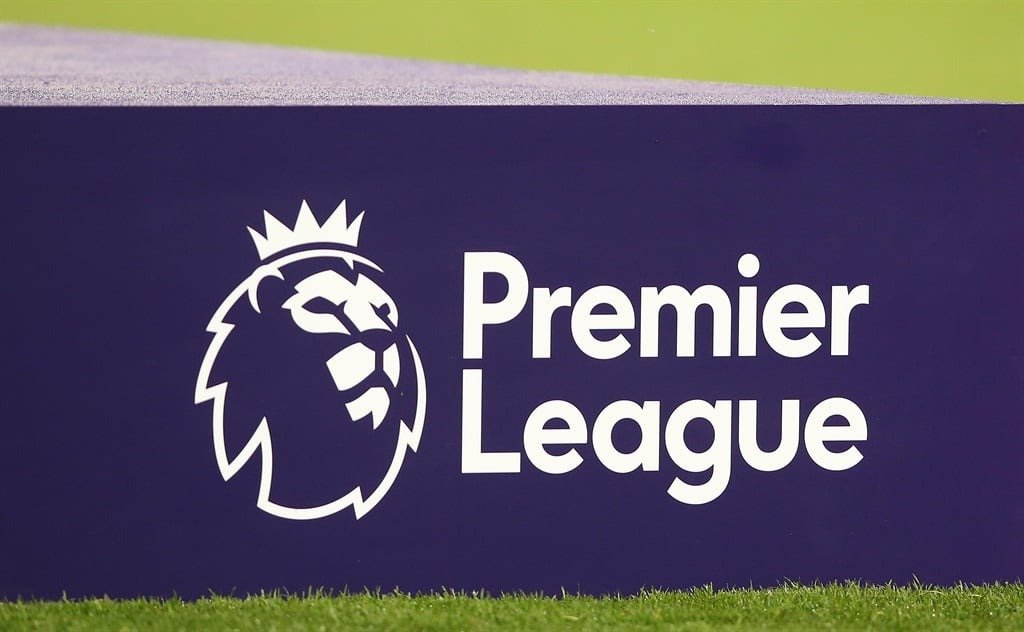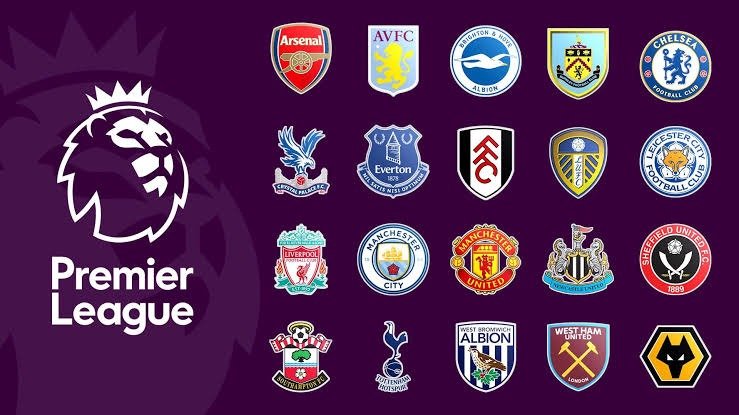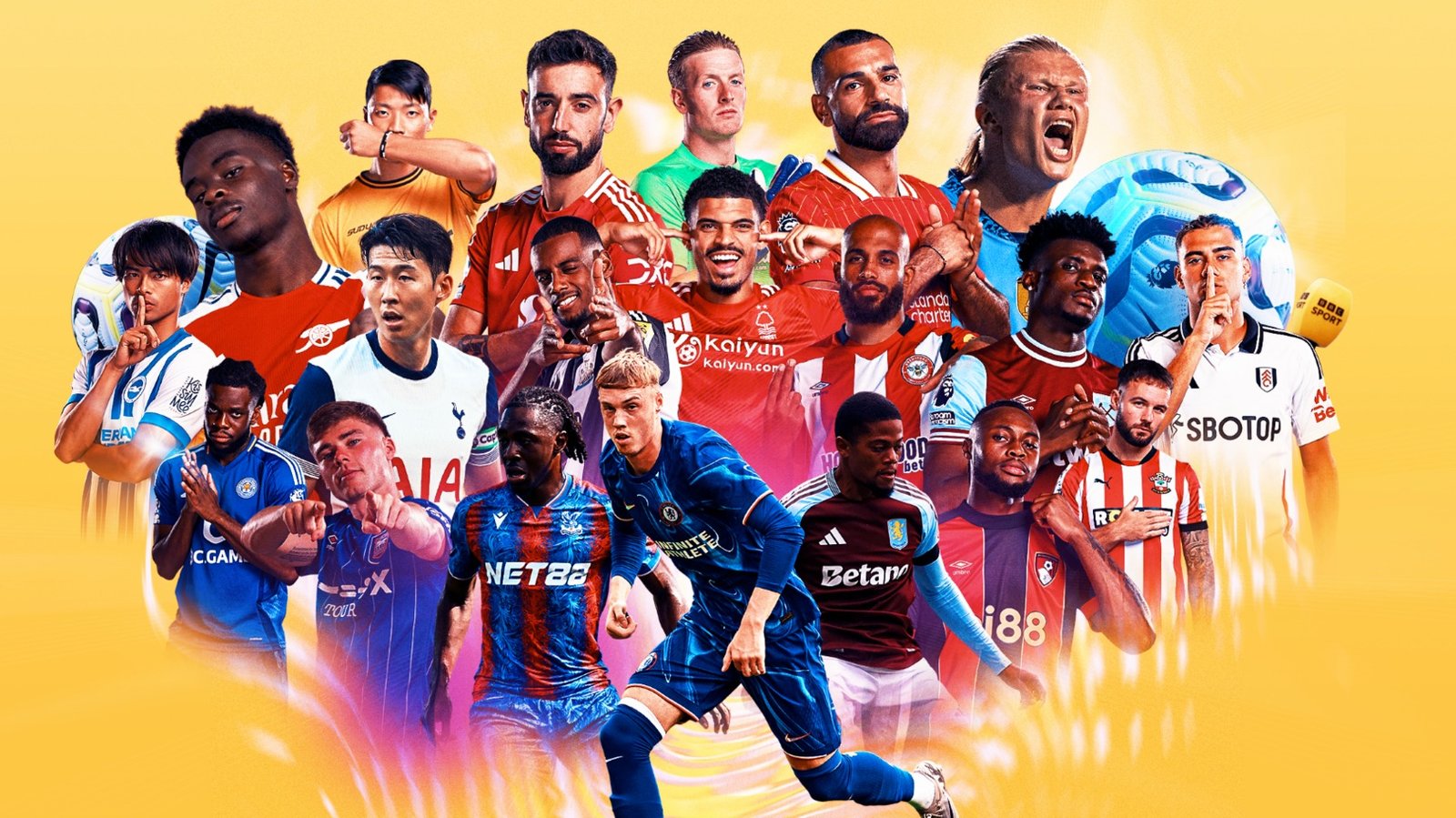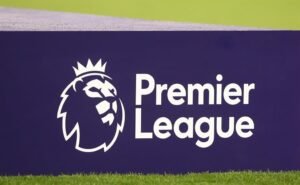
The English Premier League (EPL) is renowned as one of the most popular and competitive football leagues in the world. Since its inception in 1992, it has captivated millions of fans globally with thrilling matches, iconic players, and a distinctive style of play. This guide will take an in-depth look at every aspect of the EPL, from its foundational structure to the cultural impact it has worldwide.
What is the English Premier League?
The English Premier League, or EPL, was established in 1992 after separating from the English Football League (EFL) to take advantage of lucrative television rights deals. It aimed to create a commercially appealing and competitive football league that could attract international talent, boost local fan engagement, and expand England’s presence in global sports. Over the years, the EPL has transformed into a powerhouse, continually evolving with the latest technology, marketing strategies, and international partnerships to remain one of the most followed leagues worldwide.
Structure of the English Premier League

The EPL consists of 20 teams that compete each season. The league follows a promotion and relegation system, where the bottom three teams at the end of the season are relegated to the EFL Championship. In comparison, the top three teams from the Championship are promoted. This dynamic system maintains a high level of competition, as teams constantly battle to avoid relegation while aspiring clubs strive for promotion, keeping fans engaged throughout the season.
Premier League Teams and Their Histories
The EPL has been home to some of the most historic and successful football clubs. Teams like Manchester United, Liverpool, and Arsenal have deep-rooted legacies and are celebrated worldwide. Each team has its own unique story, triumphs, and fan culture. In recent years, newer clubs, such as Manchester City, have also risen, and they have reshaped the league’s landscape. The blend of tradition and modernity among teams adds richness and variety to the competition.
Fundamental Rules and Regulations in the EPL
The EPL adheres to the fundamental rules of football as outlined by the International Football Association Board (IFAB). Yet, it also has unique regulations that set it apart from other leagues. For instance, there are specific guidelines regarding player eligibility, financial fair play, and officiating that have evolved to keep the league competitive and fair. Recent additions, such as the Video Assistant Referee (VAR) system, have sparked debates but ultimately aim to improve the accuracy of officiating.
Season Format and Schedule
The EPL season typically spans from August to May, with each team playing 38 matches (19 home and 19 away). The fixtures are designed to provide each team with an equal mix of challenging and moderate matches throughout the season. The scheduling of these matches considers various factors, including the teams’ commitments to other tournaments like the FA Cup, Carabao Cup, and UEFA competitions, adding excitement and intensity to the football calendar.
The Role of Managers and Coaches in EPL

Managers play a crucial role in the EPL, as their strategies, leadership, and tactical acumen can determine a team’s success. Renowned managers like Sir Alex Ferguson, Arsène Wenger, and José Mourinho have left an indelible mark on the league with their distinct styles and impressive achievements. A manager’s influence extends beyond the pitch, impacting player development, fan loyalty, and the team’s overall reputation.
How EPL Matches are Televised and Streamed Worldwide
The EPL has a massive global fan base thanks to extensive broadcasting agreements that bring matches to millions of households worldwide. Significant broadcasters like Sky Sports, BT Sport, and NBC hold exclusive rights in different regions, ensuring fans can follow their favorite teams and players. The EPL also collaborates with online streaming platforms, expanding accessibility and allowing fans to watch live matches on various devices.
Premier League Players and Star Power
The EPL is a magnet for talent from around the world. Legendary players like David Beckham, Thierry Henry, and Cristiano Ronaldo have left their mark on the league. Today, stars such as Mohamed Salah, Kevin De Bruyne, and Harry Kane continue to elevate the EPL’s profile. International players not only enhance the league’s quality but also boost its appeal to a global audience, making the EPL a melting pot of football talent.
Key Rivalries and Derby Matches
Rivalries are a defining feature of the EPL. Matches between teams like Manchester United and Liverpool, Arsenal and Tottenham, and the Manchester Derby between Manchester United and Manchester City are some of the most anticipated clashes. These derbies are more than just games; they are rich in history, filled with passion, and often decisive in shaping the league standings. Fans eagerly await these encounters, which bring intense emotions and unforgettable moments.
Financial Aspects of the EPL
The EPL is one of the wealthiest football leagues globally, with revenue streams from broadcasting rights, sponsorships, merchandise, and ticket sales. The league’s financial strength has allowed it to attract top-tier players, build state-of-the-art facilities, and invest in technology. However, financial disparities among teams remain an issue, as wealthier clubs can afford to spend more on players, coaching staff, and infrastructure, giving them a competitive edge.
Premier League Awards and Honors
Each EPL season culminates in awards that recognize the outstanding contributions of players, managers, and teams. The Golden Boot is awarded to the top goal scorer, while the Player of the Month and Manager of the Month awards acknowledge consistent performance. Other honors, such as the Goal of the Season and the Premier League Hall of Fame, celebrate the league’s rich history and remarkable achievements.
Youth Development and Academies in the EPL
Youth academies play a significant role in the EPL, as clubs invest in nurturing young talent. These academies have produced some of the league’s greatest players, such as Wayne Rooney, Raheem Sterling, and Marcus Rashford. By investing in youth development, the EPL ensures a steady pipeline of skilled players, contributing to the league’s sustainability and success.
Impact of the EPL on Global Football Culture
The EPL’s influence extends beyond England, shaping football culture worldwide. Fans across continents passionately follow their favorite EPL teams, players, and rivalries. The league has inspired the growth of fan clubs, viewing parties, and social media communities, allowing fans to connect and share their passion. Its impact can be seen in the growing number of international leagues that model their structure and operations on the EPL.
Challenges Faced by the EPL
Despite its success, the EPL faces challenges. Issues such as racism, financial inequality, and player injuries are ongoing concerns. The league has implemented various initiatives to address these problems, including anti-racism campaigns, stricter financial regulations, and improved player welfare measures. Addressing these challenges is crucial for the EPL to maintain its reputation and continue growing.
Future of the English Premier League
The future of the EPL looks bright, with potential expansions and innovations on the horizon. The league is exploring options such as increasing digital engagement, expanding its reach in emerging markets, and enhancing the match-day experience for fans. As it embraces change, the EPL is poised to remain at the forefront of global football, adapting to new challenges and opportunities.
Conclusion
The English Premier League is more than just a football competition – it’s a cultural institution that unites millions of fans across the globe. Its unique blend of tradition, competition, and international appeal has solidified its position as a premier sporting league. As the EPL continues to evolve, it will undoubtedly retain its place as a beacon of excellence in football.
FAQs
- What is the English Premier League?
- The EPL is England’s top-tier football league, showcasing 20 of the best clubs.
- Which are the most famous EPL teams?
- Teams like Manchester United, Liverpool, and Arsenal have rich histories and large fan bases.
- How does promotion and relegation work in the EPL?
- The bottom three teams are relegated to the lower division, while the top Championship teams are promoted.
- How long is the EPL season?
- Typically, from August to May, each team plays 38 matches.
- What are the EPL’s revenue sources?
- Significant revenue comes from broadcasting rights, sponsorships, and ticket sales.
- What impact does the EPL have globally?
- The EPL has a massive fan base worldwide, influencing football culture and viewership globally.



1 thought on “English Premier League – An In-Depth Look at England’s Premier Football Competition”